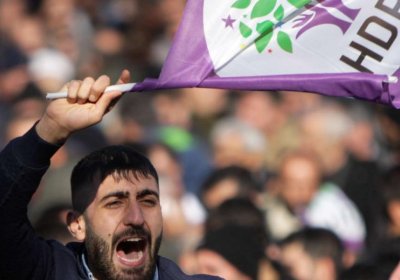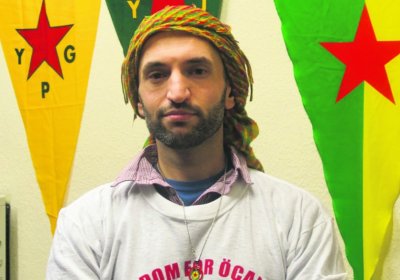President Recep Tayyip Erdoğan’s Justice and Development Party (AKP) suffered a historic defeat in Turkey’s local elections that even they could not spin as a victory.
Following the AKP’s loss of the three biggest economic centres of Istanbul, Izmir and Ankara, Erdoğan’s balcony speech sounded defeated and defensive.
How did this happen? What role was, and will be played by the country’s main leftist coalition party, the People’s Democratic Party (HDP)?









